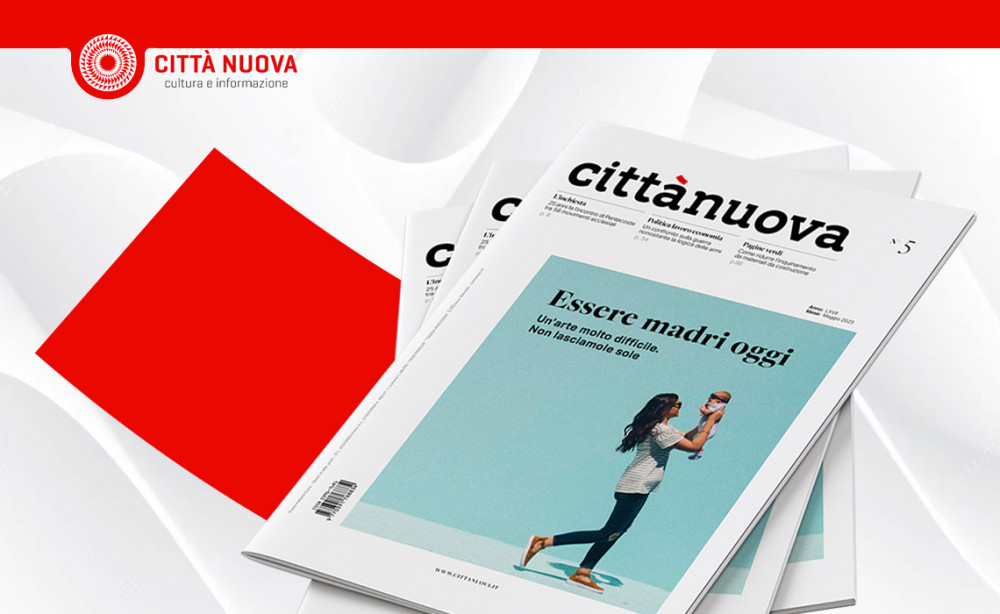Editorial - Evolved Societies
by Luigino Bruni
Published in Città Nuova n.3 - 2010
There are businesses, organizations and associations that organize events and publicize them by sending emails to millions of people. With just a click, they reach millions, and they save time and money compared to the archaic methods of only a few years ago (telephone, the  postal service, etc...). However, often, very often, what happens is that these events take place in half-empty auditoriums, and of the millions of people reached, only a few, sparse groups arrive. How is this possible? Reducing costs is not always positive from a social point of view. When we receive an invitation to a conference, together will hundreds of other people, perhaps with an anonymous letterhead - "Respectable Sir/Madame" - we´re well conscious that that invitation only cost a few seconds of time, and this is why it makes us indifferent. Instead,
postal service, etc...). However, often, very often, what happens is that these events take place in half-empty auditoriums, and of the millions of people reached, only a few, sparse groups arrive. How is this possible? Reducing costs is not always positive from a social point of view. When we receive an invitation to a conference, together will hundreds of other people, perhaps with an anonymous letterhead - "Respectable Sir/Madame" - we´re well conscious that that invitation only cost a few seconds of time, and this is why it makes us indifferent. Instead,
when we receive an email, or even better a personal letter by "snail-mail" or a phone call, we know that the greater cost or commitment required from this way of communicating is also a sign of greater attention towards us.
This shows a more general tendency in human relationships. Just think of the relational rule of gifts: when we receive a gift that we know did not cost the other anything or very little (in terms of time and/or money), we tend to not appreciate it. This is the main reason why the social norm on not "re-packaging" gifts exists: don´t recycle gifts and give them again as another "gift". If we want to reach goals, we need to make investments. If I want someone to make the choice to use more energy than sitting in front of a plasma TV, which "thanks" to today´s market offers us better programs, and find a way that he or she decides to go out after dinner to a cultural or spiritual meeting, we need to invest time and commitment. Otherwise, we don´t go beyond the sound wall of our consumer society, and our signals get lost in the magma of many superficial signals that reach us each day.
We need to learn to recover face-to-face communication: reducing telephone calls, emails, text messages, and using the time we save for knocking on someone´s door. The fruits of this investment in saved time are abundant, especially in a society that live´s virtually, where
human heart-to-heart meetings are becoming an always more scarce resource, and are therefore increasing in value.







